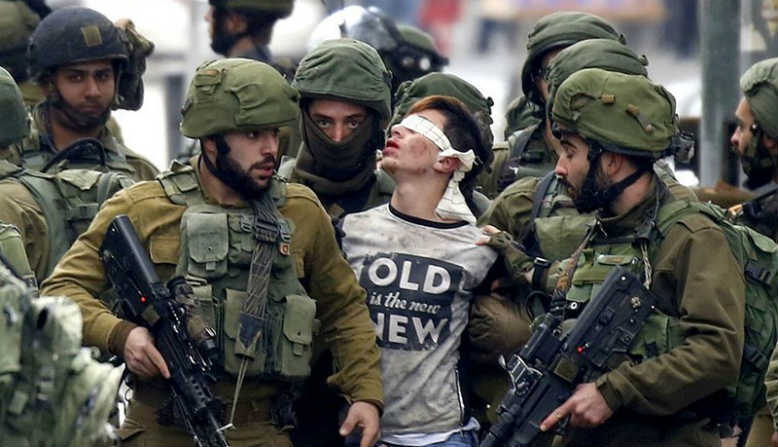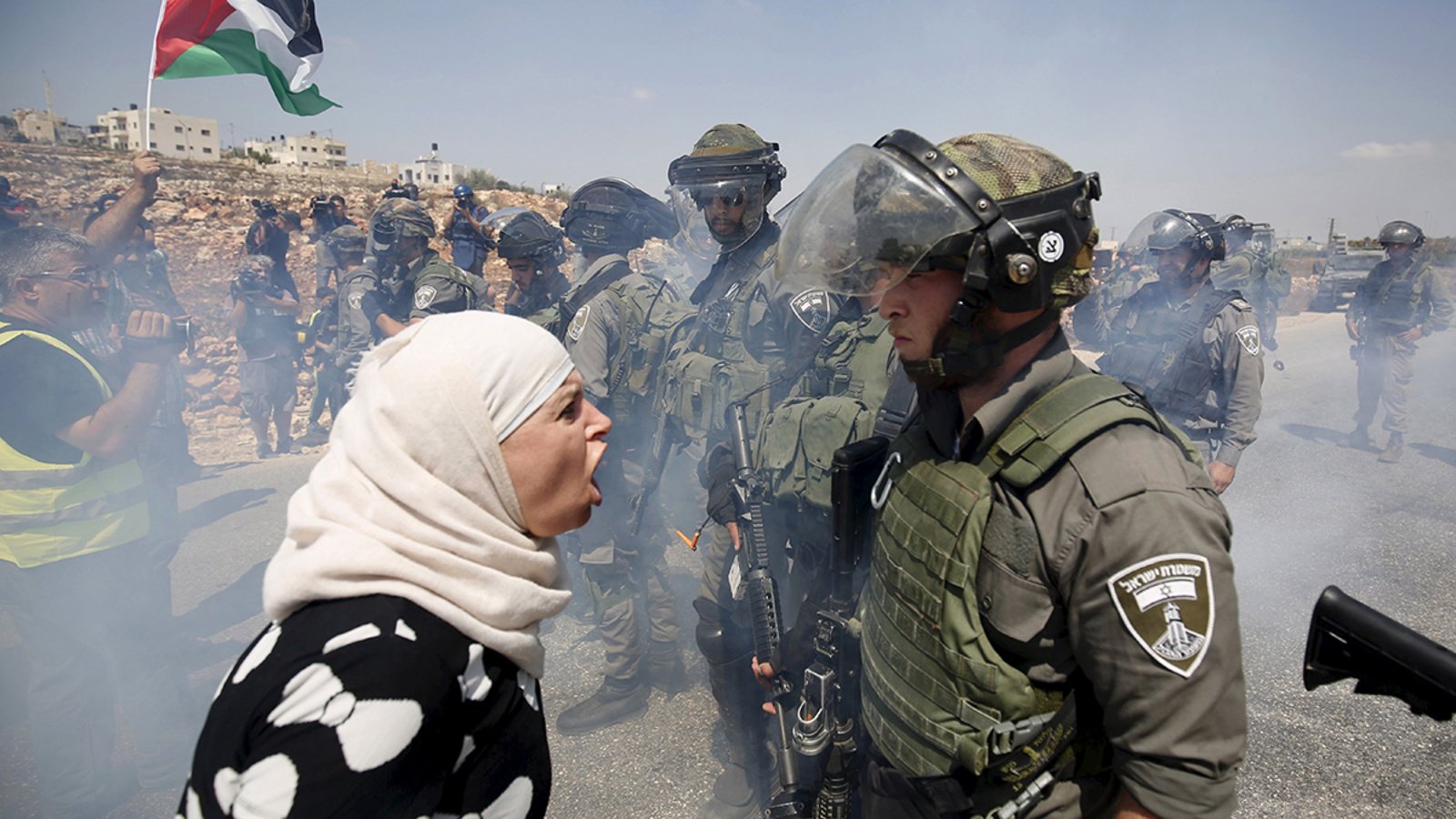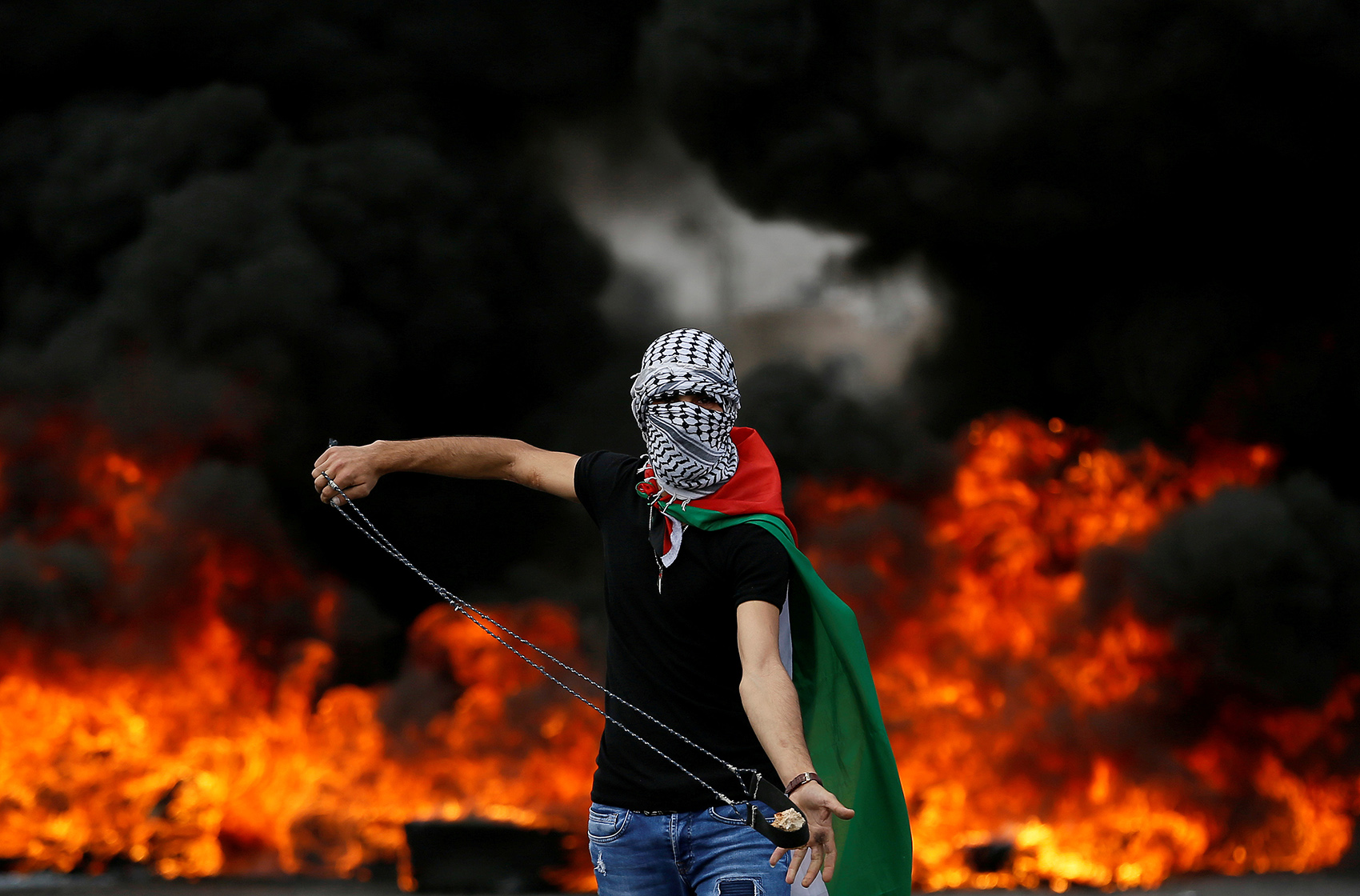Context
Politact has consistently maintained that the longer the Afghan imbroglio continues it is bound to intersect with the other regional and global flash-points and the larger balance of power tussles. Not that it had not been in the past, but to a lesser degree.
Since 9/11, and the subsequent war against extremism, the global politics has been primarily shaped by cooperation in dealing with extremism. So much so that even legitimate struggles against oppression conveniently got linked with terrorism, such as the Israeli-Palestinian conflict and Kashmir issue.
As mentioned above, it would be wrong to assume that global power games, and the linked regional dimensions, had gone dormant as the campaign against extremism was being waged. It just had taken a different form. Consider the example of the Arab Spring. As the uprising spread through the Arab world, it soon became apparent that the regime change that accompanied the popular revolts were risking the interests of Russia and China more.
And thus, the Spring came to a stop in the case of Syria, where Russia intervened militarily to save Bashar al-Assad, and by default its naval facility in Tartus. The Syrian example also illustrated that different groups of extremists were being backed by an array of state players, and thus it became a full-fledged proxy war.
In the case of Egypt, then General Fatah el-Sisi ousted the democratically elected Islamist Mohammed Morsi in 2013. Morsi had arrived at the helm after the removal of Hosni Mubarak as a result of the Egyptian revolution in 2011.
Libya provided another case where a different configuration of regional and global players emerged in the aftermath of the removal of Muammar Qaddafi, attempting to restore a semblance of order. Russia got involved militarily in Libya through its version of Black Water type mercenaries.
In most cases, China has remained on the sidelines. Instead, it has focused on the economic route and developing strategic deals with both Shia and Sunni states. It spoke in favor of state sovereignty and against foreign interventions.
In the emerging environment, the extremists with global aspirations such as Al Qaeda (AQ) and Deash (ISIS) remained in the pariah status. However, the same could not be claimed for groups that came to be known as the associates of AQ and Daesh. These factions often had regional ambitions, grievances, and causes, which were either beneficial or detrimental to the interests of the regional and global stakeholders. In essence, the new reality was reflective of the political and security dynamics that existed before 9/11. And as the Cold War like situation returns, these local grievances and ambitions are likely to play a pivotal role.
The New Global Power Calculus
The metamorphosis of the war against extremism also applies to the South Asia region. While US and NATO have been doing the heavy lifting when it comes to the situation of Afghanistan, China and Russia have played a reconciliatory role. In the post 9/11 environment, and even before, China and Russia were threatened by their own brand of Islamic extremists, in Xinjiang, and Dagestan and Chechnya region, respectively. And they have remained worried about their extremists getting hooked up with the global extremists or their associates. In essence, helping in the war against extremism also diminished the domestic threats for these powers.

However, as we enter an era where the global power tussles will define politics once more, the reconciliatory role in Afghanistan is likely to evaporate. This does not bode well for the peace process. At the same time, it does not reflect well for Russia and China either. The theater for the Great Game is likely to get extended where the Pacific, including the Ladakh region, are already active. In short, Afghanistan, could become a quid pro quo on a much larger canvas.
Revitalizing NATO
As history teaches us, one of the critical steps in fighting global rivalries is by solidifying alliances and weakening those of the adversaries. And linked with that is an assessment of the kinds of threats being confronted. The type of alliance needed to fight non-state extremists is markedly different than the one to counter state actors.
The North Atlantic Treaty Organization (NATO) came into being in 1949 in the aftermath of World War II. The first NATO Secretary General, Lord Ismay, had famously stated the organization’s goal was “to keep the Russians out, the Americans in, and the Germans down.” With the end of the Cold War and the Warsaw Pact, one of the main premises upon which the NATO military alliance was formulated was gone. The alliance began to look for a new purpose and identity that would keep it united against the emerging threats. The war against terror has proven to be one such unifying factor, as has dealing with rogue dictators and nations that threaten western interests, such as Saddam Hussein, Muammar Qaddafi and recently Iran. However, these motives have proven to be short lived in the present multi-polar world. But the return of great power politics, and Cold War like dynamics, can reinvigorate the alliance.
After the neglect suffered during the Trump’s presidency, the Biden Administration is busy strengthening alliances. To assure allies, Secretary of State Anthony Blinken visited Japan, South Korea, and NATO headquarters in Brussels. On the other hand, Secretary of Defense Loyd Johnson was in India and Afghanistan.
Meanwhile, on March12 a virtual meeting of the QUAD leaders was held between the leaders of US, India, Japan, and Australia. In the press briefing after the meeting, US affirmed the ‘centrality of the Indo-Pacific in the US national security’. And, this was accompanied by the US-China strategic talks held in Alaska, that set the tone for the ties under Biden.
The Future of BRICS, SCO
On the other hand, an organization representing the emerging powers of Brazil, Russia, China, and India (BRICS) started off in 2011 with much fanfare, promoting commercial, political, and cultural cooperation. Its primary motive was to give voice to the realities of the multipolar world. In 2013, BRICS agreed to create global institutions to rival those of Western controlled IMF and World Bank. However, the economic recession of 2008 and the fluctuating global market has impacted the BRICS disproportionately. China and India have continued to grow while the economies of Russia and Brazil have had a tougher time. This has obviously impacted the wherewithal of the organization.
More recently, China has been successful in handling the corona-virus pandemic and has been the least impacted economically as compared to the West. This could also be the reason why the tensions between US and China have escalated.

The Chinese dominated Shanghai Cooperation Organization (SCO) was formed in 2001 mainly as a security forum. The member governments have common security concerns, with emphasis on tackling terrorism, religious extremism, and ethnic separatism. In 2017, the organizing reached a milestone when India and Pakistan joined the organization as full members. Other members include China, Kazakhstan, Kyrgyzstan, Russia, Uzbekistan, and Tajikistan. Afghanistan and Iran have an observer status while Turkey is a dialogue partner of SCO.
As the global focus shifts from the campaign against extremism and towards great power challenges, the nature of BRICS and SCO is likely to morph as well. No other issue is more consequential to the future of these organizations than the role of India. The nation is also aligned with the Indo-Pacific strategy and QUAD. It simply cannot be a member of the emerging power club while supporting the established powers at the same time. Sooner or later, India would have to choose.
A case can be made that the present border tensions between India and China are a direct result of Indian decision to revoke the special status of Jammu and Kashmir in August 2019. Under the garb of US-China rivalry it attempted to settle an internationally recognized dispute unilaterally. The Great Game of the earlier times was about the dangers of Russian invasion on British India via Afghanistan, the emerging one appears to be protecting American India against Chinese penetration. While US would want to weaken the Sino-Russian partnership, a successful strategy would likely work by placating one of them, not by alienating both at the same time.




